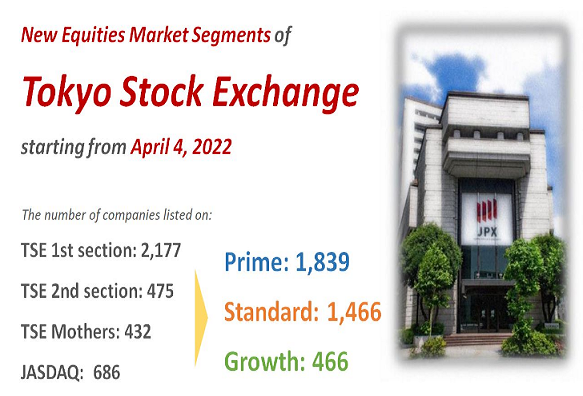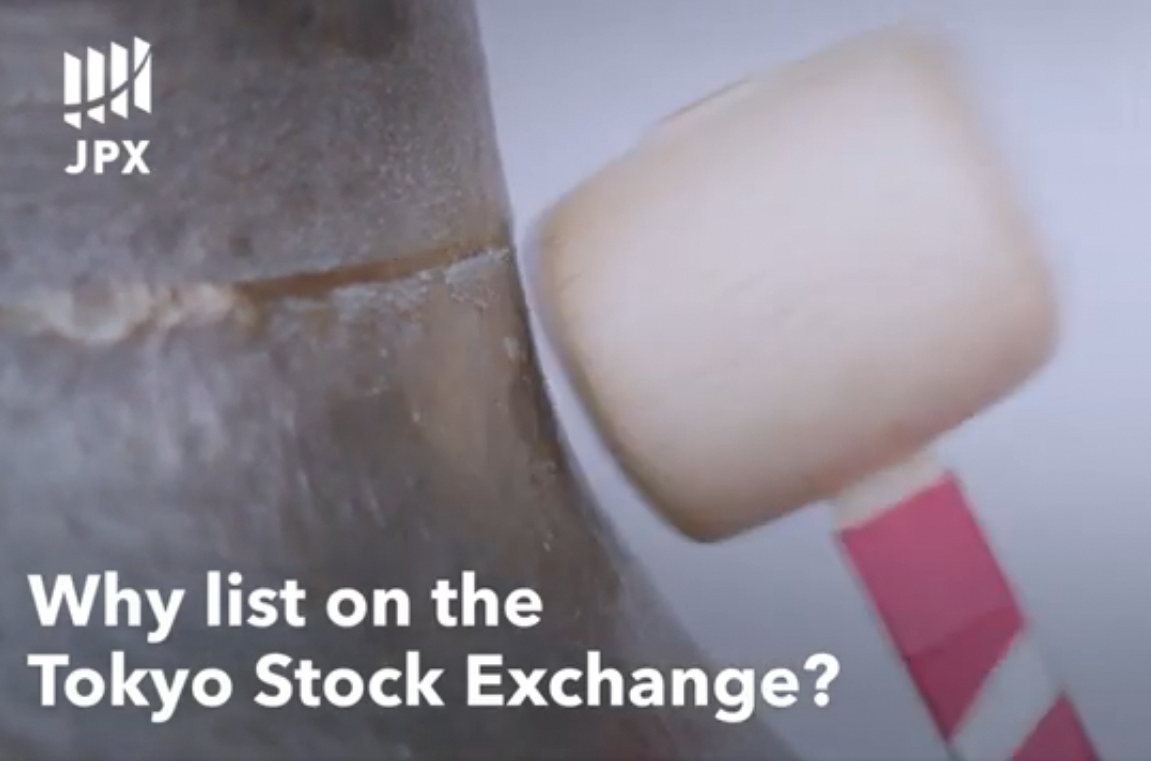TSE Cash Markets
Listed companies with the fewest number of policy shares, Hitachi and others accelerate reductions to improve capital efficiency

Listed companies such as Hitachi, Ltd. and Nippon Steel have further reduced their cross-shareholdings. It totaled 53,500 issues at the end of the fiscal year ended March 2023, down 6% from the previous year-end and the lowest since disclosure began. The Tokyo Stock Exchange (TSE) calls for improved capital efficiency to eliminate PBR (price-book value ratio) below 1x, and institutional investors oppose the appointment of a director by the leader of a company that continues to hold policy shares. Companies are using the proceeds from the sale to invest in growth.
Nikkei compiled financial statements of approximately 2,200 companies (excluding financial companies and companies with irregular accounts) for the fiscal year ended March 31. The overall amount sold (including unlisted shares) was approximately 1.99 trillion yen, the second highest level after the fiscal year ended March 2022 (approximately 2.31 trillion yen), which was the largest. According to the Nomura Institute of Capital Markets Research, the share of “policy-holding investors” in the total market capitalization of all listed companies reached 70% at the end of fiscal year 1990, but fell to a little over 30% at the end of fiscal year 2022.
The biggest sellers of policy stocks to be listed were Nippon Steel (about 78 billion yen) and Hitachi, Ltd (about 84 billion yen). Nippon Steel reduced its holdings in 11 stocks, including all Suzuki shares. As part of the asset reduction, it is selling its shares in stages, with the aim of redirecting the funds to decarbonization and other investments. Hitachi sold nine stocks, including Shin-Etsu Chemical and Resonac Holdings (formerly Showa Denko), after closely examining whether the gains from its holdings were worth the efficiency of its capital.
The companies are rushing to sell policy shares because of increasing pressure from the stock market. The 2015 Corporate Governance Code (Corporate Governance Guidelines), which requires explanations for retention policies, is now firmly in place and encourages companies to reduce them.
If cross-shareholdings are above a certain level of net assets, the proxy advisory firm may recommend against the appointment of a leader, which also encourages the sale of policy shares. Institutional Shareholder Services, Inc. (ISS), a leading US voting advisor, recommends against the appointment of a leader director if the amount held is 20% or more of consolidated net assets. Similarly, Glass, Lewis, a major US firm, has an even stricter standard of 10% or more.
The institutional investors have also begun to introduce criteria such as opposing the appointment of a director at a shareholders’ meeting if the institutional investor has more than 20% of the net assets of it in policy shares.
Kyocera has a high policy share ratio of 49% of net assets. This is because the amount of KDDI shares held will increase. Kyocera explains “We have held these shares since the establishment of Daini-Denden (Currently known as: KDDI), and our purpose is not to cross-hold or otherwise” as ISS recommended against the appointment of chairperson Goro Yamaguchi and president Hideo Tanimoto as directors at the June general meeting. The approval rate for the proposals was in the 64%-65% range, down about 13-16 percentage points from 2021, when they were last elected.
With the Tokyo Stock Exchange demanding that companies with low P/B ratios improve their capital efficiency, the reduction of policy stocks, which can easily lead to a deterioration in capital efficiency, is expected to continue in the future. Kyocera aims to reduce its book value by at least 5% by the fiscal year ending March 2026. DNP has set a target of selling 220 billion yen of policy shares in the five years through the fiscal year ending March 2028, bringing its net assets down to less than 10% of net assets.
Kengo Nishiyama, principal investigator at Nomura Institute of Capital Markets Research, notes, “It’s not necessarily a stable shareholder anymore, as it requires more oversight on the part of the owner of the cross-shareholdings.” Companies are also under pressure to improve capital efficiency, which may give further impetus to divestments.
Related links






